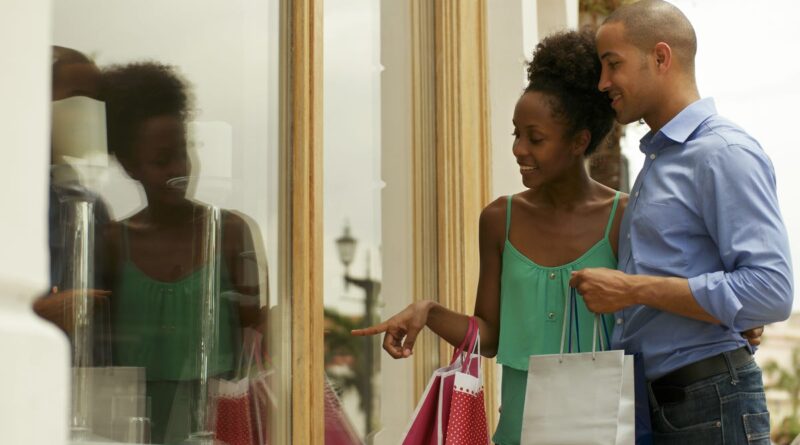Just Say No to Selling Juneteenth Products, Expert says

We’ve been reporting on ways major companies have gotten it all the way wrong when it comes to culturally sensitive marketing. (We see you, Walmart.) And while it might be too late for those companies to get it right this year, with the right guidance, they can put a more responsible marketing game plan in place that will make a difference in the long run.
Darren Martin and Ahmad Barber are the founders of Bold Culture, a multicultural communications agency that has been on a mission to help companies develop more inclusive marketing strategies since 2016. We spoke exclusively with Darren Martin about Bold Culture and the ways companies can ensure their messaging is on point.

Martin, who studied English and Journalism at Morehouse, began focusing on digital marketing services for Black-owned businesses in college. But through advertising and marketing internships, he saw just how culturally disconnected most companies really were. “It got me thinking what that meant for the advertising and marketing community to have power over billions of dollars in media spending and creative storytelling,” he said.
After the infamous Kendall Jenner Pepsi ad, which trivialized the Black Lives Matter Movement and the senseless murders of African Americans, including Trayvon Martin and Eric Garner, Martin and his partners decided that the industry could use a little help. And Bold Culture was born. “We are focused on media, marketing, advertising and technology companies. And we make sure they retain diverse communities in their workspace and that their marketing messages resonate with diverse communities across race, gender, sexuality, ability and more,” he said.
While it’s true that Black consumers are more likely to support brands whose messaging positively reflects their identity, Martin is careful to note that these communities are not monolithic. “We have so many subcommunities and interests. Positively connecting with the culture means authentically connecting with the community at as many subcultures as possible.” He says having a complete understanding of the Black community means recognizing that there are Black conservatives, Black LGBTQ+ people and Black people with disabilities. And even when our favorite companies don’t get it right, Martin says, consumers have a responsibility to call them out. “We have to hold them accountable as much as possible,” he said.
Martin is openly critical of companies who use holidays like Juneteenth to sell products and cited Walmart’s Juneteenth ice cream as one of the worst offenders. “Instead of investing money in developing a product, they should have been talking about what freedom means to Black businesses and providing them with grants,” he said. “The unfortunate irony of a company selling Juneteenth things is that it’s about celebrating the end of slavery, one of America’s worst examples of racial capitalism.”
Now that Juneteenth is a national holiday, Martin hopes companies will do more than just making it another event on their marketing content calendar. “If you try to tackle it in June, you’ve already messed up because there’s so much work to be done,” he said.
He says companies should constantly assess their messaging strategy and can afford to miss a day in sales to celebrate culture correctly.
When asked about companies who get it right, Martin cited Nike and Apple as coming closest, but adds that not many companies are consistent. And unless you’re being inclusive in your messaging all year long, it can look a little suspect if you only have Black people in your ads in February and the second weekend in June.
Martin says Bold Culture is here to change the game and make sure companies are taking a more wholistic approach to marketing. “The person creating your messaging should be able to reach people who don’t necessarily check all of the same boxes,” he says.

